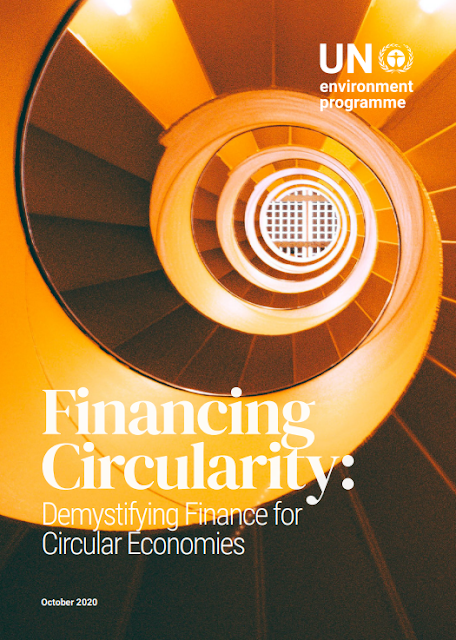«(...)Porque saber lidar com a incerteza, o risco e o desconhecimento sobre o futuro, que o novo coronavírus SARS-CoV-2 tão prontamente nos veio alertar é, de facto, o desígnio de todas as sociedades modernas e o melhor que podemos passar às futuras gerações. Exige aprender mais, com mais solidariedade e debate intergeracional, compreendendo o respeito pelo próximo, independente do seu género, idade, etnia, ou orientações sexuais.
Aprofundar esta problemática é cada vez mais relevante pois este novo coronavírus passou de animais para humanos e embora esse processo esteja longe de estar conhecido, sabemos que as doenças zoonóticas, ou zoonoses, têm vindo a aumentar devido à pressão que as nossas sociedades e o seu desenvolvimento económico exercem na natureza. É uma clara manifestação da falta de equilíbrio da influência dos seres humanos na Terra, que se expressa também através das alterações climáticas. Ora, a eventual demonstração científica dessas relações com a pandemia com que agora vivemos exige mais conhecimento para conseguirmos fazer perguntas mais certeiras e difíceis e melhor percebermos os riscos que corremos, assim como evoluirmos nesta nova era geológica do Antropoceno.
Recordo a forma como a pintora Graça Morais, entre outros artistas, tão bem nos tem mostrado a complexidade da interação entre animais e seres humanos e nos tem estimulado a refletir sobre a nossa própria fragilidade, que só nos pode estimular a aprofundar o debate sobre as interações entre animais e humanos. As suas “Metamorfoses da Humanidade” e o trabalho em curso no Laboratório de Artes da Montanha Graça Morais é um esforço orientado para evoluirmos nesse sentido, com mais conhecimento e humanismo, estimulando novas perguntas para a ciência responder.
Mas não chega. Para conseguirmos fazer perguntas mais difíceis e melhor percebermos os riscos que corremos e, sobretudo evoluirmos no Antropoceno, precisamos, como nos dizia a cientista Maria de Sousa, de apelar à ciência e ao conhecimento confiável que resulta da acumulação e aplicação do saber rigoroso. Como tão bem escreveu e repetiu durante as suas últimas semanas de vida, “o vírus não é o inimigo, nem uma pandemia é uma guerra. O vírus é uma pequena partícula que precisa de entrar nas células para se manter e se propagar. O inimigo não é o vírus, o inimigo é a pessoa que se mantém insuficientemente próxima de outra para dar a oportunidade ao vírus de saltar de uma célula para outra. (...) “E a infeção viral só se pode perceber no contexto do hospedeiro, no âmbito do qual o sistema mais importante é o sistema imunológico.”
A Maria e muitas e muitos outros não conseguiram resistir ao SARS-CoV-2... Contudo temos hoje em Portugal muitas e muitos cientistas de reconhecido mérito em áreas ligadas, entre outras, à imunologia que trabalham inseridos em redes globais de ciência, para a formação das quais os portugueses têm contribuído de forma decisiva. Acredito também que este momento inédito que vivemos em Portugal associado ao aumento de jovens a inscreverem-se no ensino superior é, certamente, uma oportunidade que não podemos perder de reforçar e continuar a valorizar o “Efeito Ciência Viva”! (...)» - Alma GrandeA crónica do convidado - Manuel Heitor | Expresso 31 OUT 2020




















